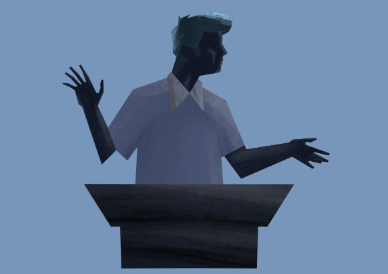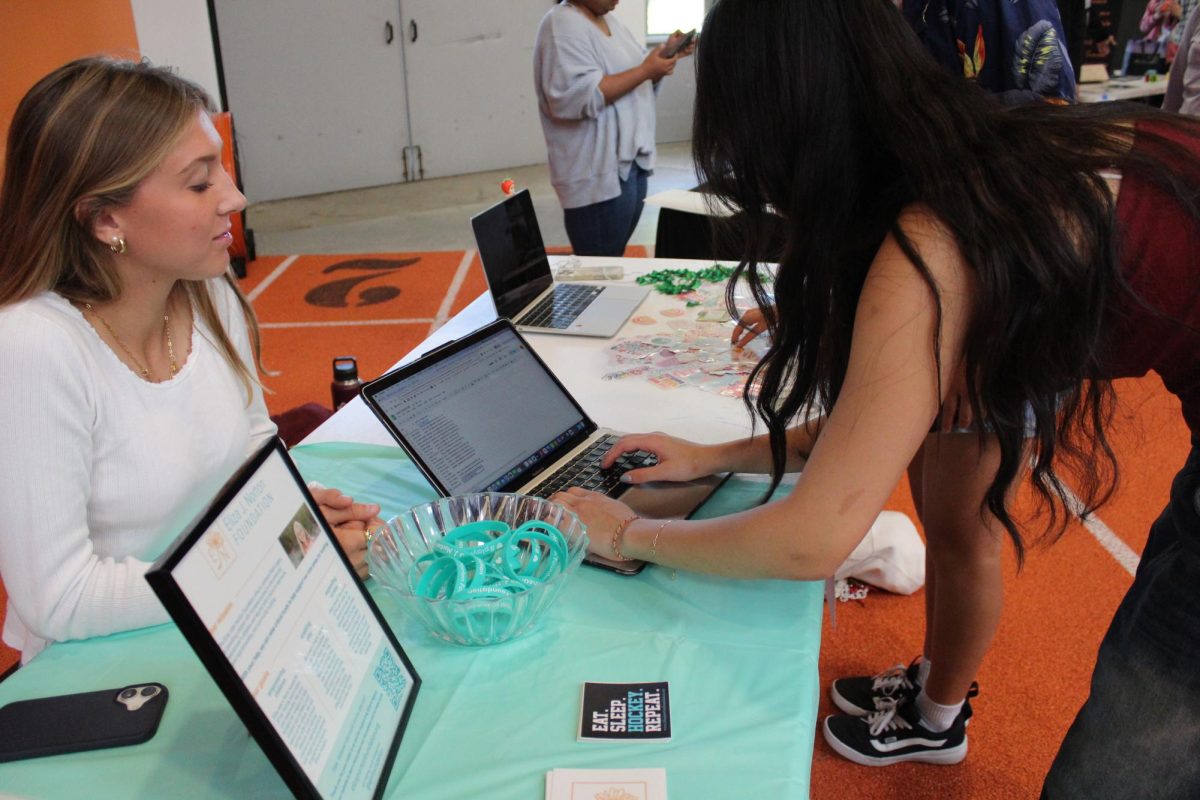
Presidential elect Donald Trump hosted a rally in Madison Square Garden, New York City, on Oct. 27. During the rally, Comedian Tony Hinchcliffe took the stage. Instead of trying to prove a political point or even promote Trump’s political values, Hinchcliffe proceeded to spew several exceedingly racist and problematic comments.
As part of his comedic material, Hinchcliffe called Puerto Rico an “island of garbage.” He added that Latinos “love making babies” and made remarks about “carving watermelons” with a Black friend, among other extremely controversial and insulting statements.
This unruly behavior sparked much backlash among viewers and politicians, and for good reason. The fact that our future president allowed someone to stand up at a rally and say these horrible things is an absolute abomination, and is deeply concerning when considering the diverse makeup of our country.
Seeing that Hinchcliffe’s comedic material had nothing to do with the election whatsoever, I fail to comprehend how it is necessary. There is no need to put down others in order to promote a political campaign. Being president is about bettering the country for the people living in it– so why antagonize all these significant groups of people? The logic behind this feeble call for patriotism is unfathomable.
The only explanation is that Hinchcliffe is seeking attention and validation, a childish yet successful strategy. This appears to be a pattern in political promotions, not just on Trump’s side.
Many of Trump’s and Harris’s rallies incorporate famous celebrities to attract the public eye and bring more publicity to the campaign. For example, Trump brought Elon Musk onstage, while Harris opted for Megan Thee Stallion. Sure, these celebrities cultivate public attention, but they also shift the focus away from the policies and issues that are crucial to the livelihoods of so many.
But aren’t political rallies supposed to be political, as their name suggests? To inspire and call upon the public to cast their vote whilst making them aware of the changes to come? To make clear the goals and accomplishments of the candidate?
Evidently, in the eyes of many candidates, this isn’t the case. Involving pop culture figures in rallies and promotions is extremely problematic.
The reason this strategy is so problematic is the same reason it works: celebrities do have an impact on the election. In fact, 19% of young people admit that celebrities have an influence on their political opinions.
It makes sense. Imagine a young voter opening social media and seeing their favorite artist posing next to Kamala Harris or wearing a Trump hat. A post might read “kamala IS brat” or a celebrity might say “God bless Donald Trump.” Young people are already heavily influenced by celebrities. We see this in the clothes people wear, the trends they follow and more. So when a beloved celebrity endorses one of the candidates, many young people can’t help but be influenced by it, even subconsciously.
This should not be happening. Nobody should be voting for Harris because Taylor Swift said she was. Nobody should be voting for Trump because DaBaby called him “gangsta.” Instead, voters should be doing their research outside of social media and choosing a candidate that supports their personal belief system.
The point of democracy is to foster individualism so that people can express themselves through their vote. It’s okay for celebrities to endorse candidates, but they have no place in influencing voter decisions. For the sake of our country and our voters, promotions and rallies should avoid incorporating celebrities and other influential figures in order to call upon the public for attention.


























